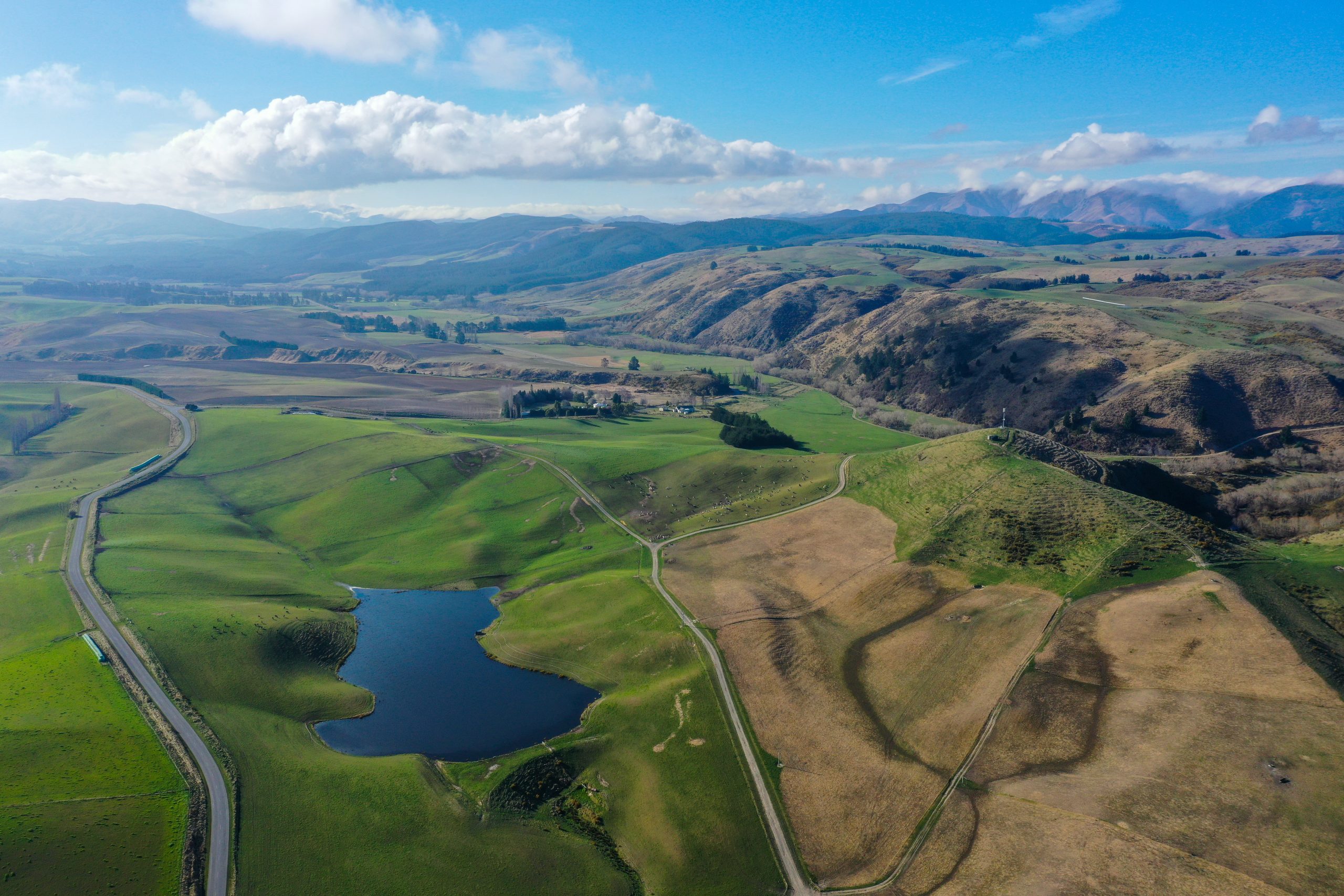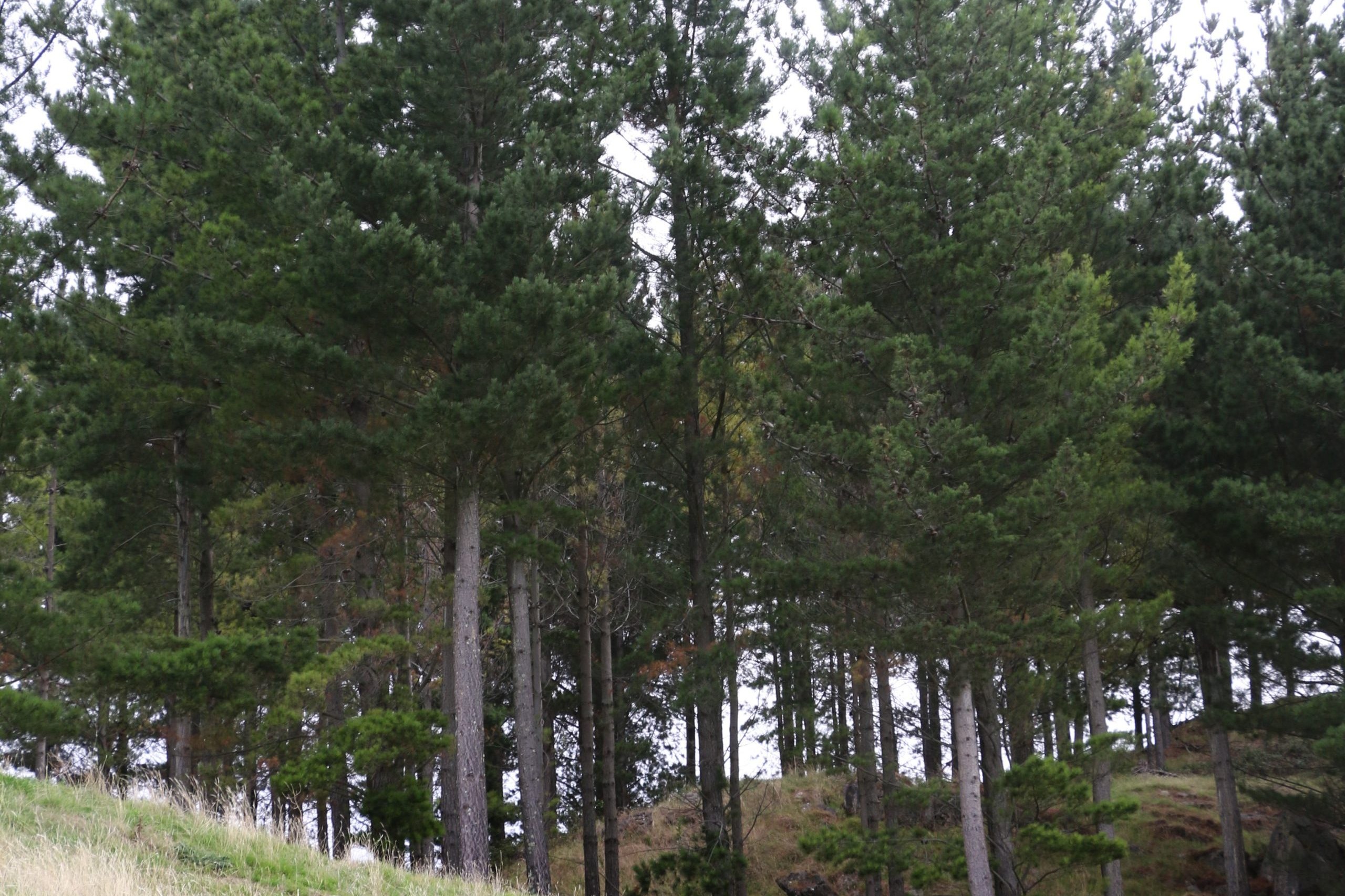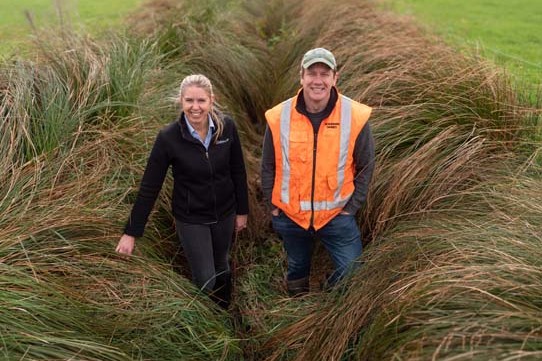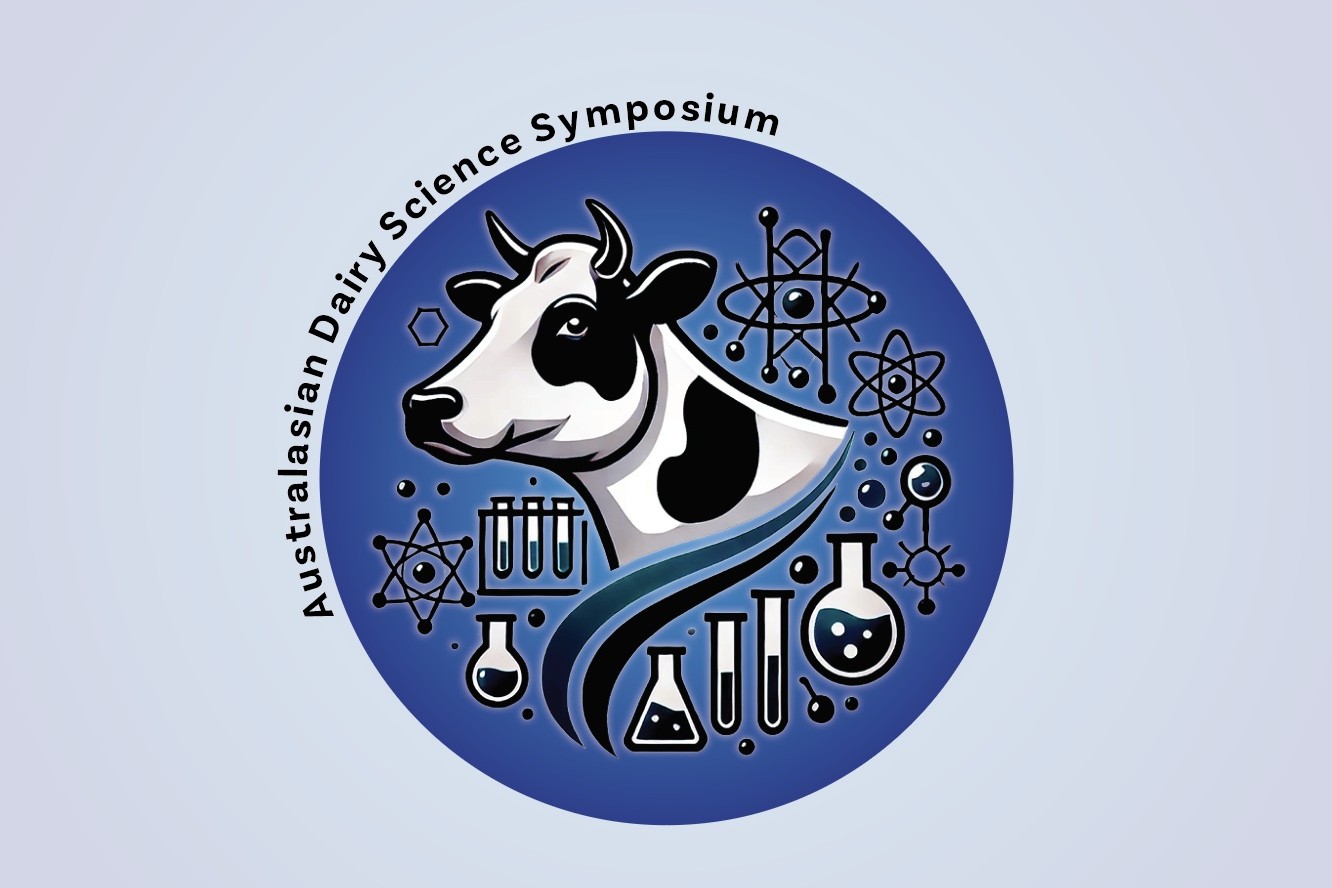Sandra Taylor
Dairy farmers are being encouraged to consider the many financial and environmental benefits available to them by planting trees on their farm.
Beef + Lamb New Zealand is rolling out its Farms, Trees and Carbon workshops nationwide and the organisation’s general manager North Island Matt Ward, says these three-hour workshops are as relevant
to dairy farms as they are to sheep and beef operations.
They help farmers identify the opportunities to capture the many benefits
offered by a well-managed tree-planting programme and these include carbon credits, shelter and biodiversity.
“It is a matter of planting the right tree in the right place at the right time.
“It’s not just about pine trees, it might be natives or other species which promote biodiversity as well as providing shelter and sequestering carbon.”
One of the focuses of these workshops is achieving multi-beneficial outcomes for the farm business; for animal welfare, biodiversity and the environment.
In some cases, existing shelter belts can become part of the Emissions Trading Scheme, provided they meet the required criteria. Similarly, riparian planting and pole-planting can all be included in the carbon equation and help off-set farm emissions.
Matt says there are examples of farmers who identify what might be considered small areas, such as a riparian-strips next to waterways or drains, but cumulatively planting these areas can add-up to positive outcomes for the environment.
“The opportunities are different for every farm and that is why it is important to get good advice to ensure you are making the best decisions for your specific operation.”
The workshops highlight the opportunities for farmers to tap into the One Billion Trees Fund and other regional-specific funds which can help farmers with the cost of fencing and planting, it is just a matter of knowing where to go to get this assistance.
Woodville dairy farmer and DairyNZ director Ben Allomes says there are
always areas on any farm – even flat dairy platforms – where trees can be planted.
He says trees can be incorporated into any farm business, but it is a matter of having the knowledge to make informed decisions about where and what trees to plant to capture the many benefits offered by a planting programme.
These include animal welfare, carbon sequestration, biodiversity and aesthetics, all enhancing the farm environment.
Ben says there is a lot of confusion around about the Emissions Trading
Scheme, carbon credits and the many schemes and funding programmes available to landowners intending to plant trees.
“It is a minefield and it is difficult to understand the ETS and various other schemes and how they all work.”
Clean, clear messages are essential when dealing with such a complicated issue and he sees the B+LNZ workshops as being the perfect opportunity for dairy farmers – who pay B+LNZ levies – to get these messages delivered in a non-commercial, industry-good environment.
A number of commercial entities are trying to capitalise on the ETS and funding schemes, whereas the B+LNZ workshops simply deliver the information farmers need so they can make informed decisions about their own business.
Ben says this is particularly important as dairy farmers struggle to find both the extra finance and labour required to undertake tree-planting programmes.
Trees, he says, are expensive and while the dairy payout is good, many farmers are playing catch-up financially, so plants are often not a high priority.
“The best time to plant a tree was 25 years ago, the next best time is tomorrow but it is not so easy when cashflow is already stretched.”
He says it is likely there are schemes available to help farmers with up-front costs, but it is a matter of knowing where and how to tap into both regionally specific and national funding schemes – which is why it is important get sound, independent advice.
Similarly, there are a lot of farmers already investing in planting programmes and they need to know that what they are doing lines up with requirements under the ETS so they can get carbon credits, off-set farm emissions and ensure they are getting a sound return on their investment.
Supplied by Beef + Lamb New Zealand





